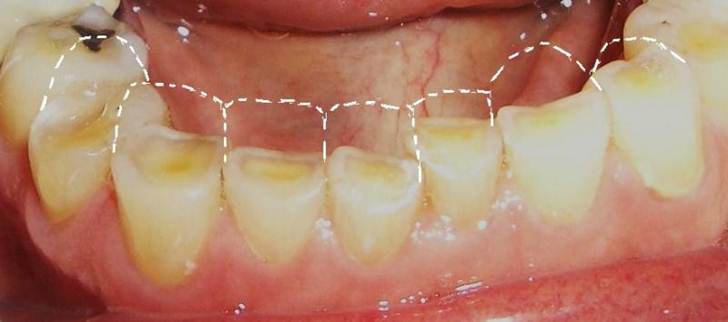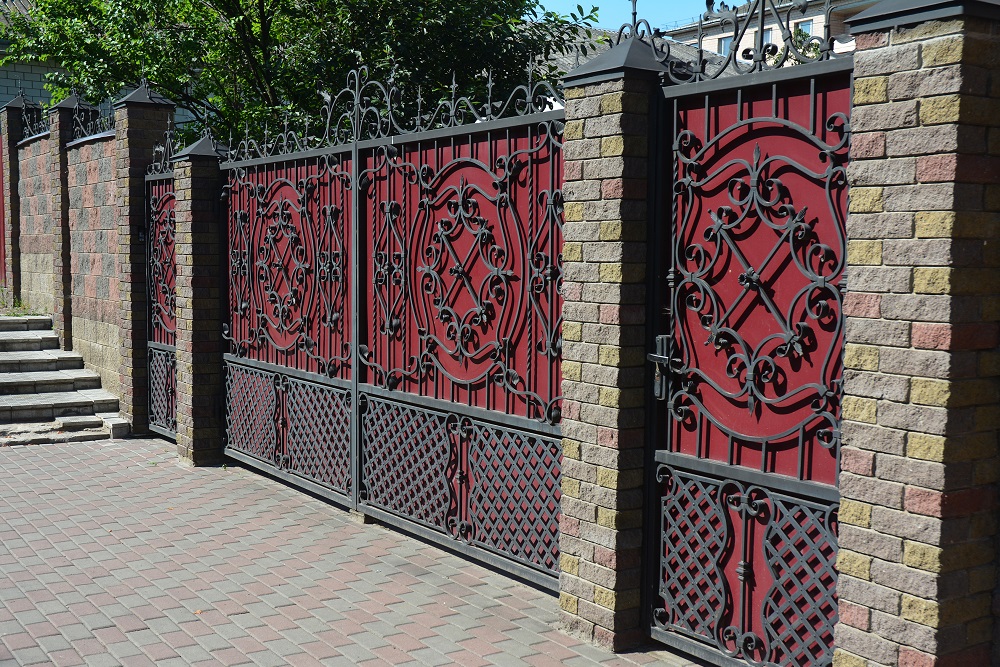Do you feel that your teeth are becoming too sensitive? Is it so that every time you take in something hot or cold your teeth hurt or do you see cavities starting to form on your teeth? If that’s so, then chances are that you are suffering from tooth erosion.
What is tooth erosion?
The outer, hard covering of our teeth is called the enamel. The enamel is composed of hardened minerals and is the toughest part of our teeth. The purpose of enamel is to protect the inner soft part of the teeth which consists of a pulp called dentin and a series of nerves. Apart from protecting the inner core of the teeth, enamel also hardens the teeth so that chewing and biting becomes easier.
Although enamel is extremely hard, it is susceptible to damage and erosion due to various reasons. Tooth erosion is when the enamel of the teeth starts wearing off. While, the damage to enamel can be reversed- as the enamel can reform naturally, sometimes the damage becomes too severe and a treatment is highly recommended by the Rensselaer dentist.


What happens when the enamel becomes eroded?
When the enamel erodes, the inner soft part of the teeth becomes vulnerable. The first sign of enamel erosion is when hot and cold liquids and food start to sting your teeth. As the erosion worsens, the pulp becomes exposed for a bacterial attack that leads to the formation of cavities as the bacteria eat away your enamel. In severe cases, an abscess may also form around the infected tooth and the crown of the tooth may start to break or chip off. In cases where the crown breaks off, the pulp becomes fully exposed which leads to severe toothache and swelling. Broken teeth also rapidly spread the infection, damaging the pulp further.
What causes tooth erosion?
Tooth erosion may happen due to many external or internal reasons. Your food intake really matters when it comes to the health of your teeth. Sugary and acidic foods are the biggest enemies of enamel. They allow the bacteria to thrive and to eat away the enamel. Other than, too much intake of caffeine, alcohol, tea or smoking may also lead to enamel erosion. Some painkillers, anti inflammatory medicines and anti histamines might also cause tooth damage. Other external factors include:
- Attrition: friction against the teeth that may happen due to bruxism, too much grinding of teeth or excessive clenching of the teeth.
- Abrasion: this is the physical wear and tear of the enamel. This happens when you brush your teeth too hard, improperly floss them or you bite on hard objects.
- Abfraction: this happens when the tooth is broken by stress or any other external factor.
Apart from internal factors, tooth erosion may also happen due to internal conditions like:
- Gastrointestinal problems
- Acid reflux
- Genetic disposition
- Low production of saliva in mouth- dry mouth
- Diabetes
How to restore the enamel?
Enamel restoration is a natural process and your teeth reform the enamel regularly. However, in situations where teeth are exposed to constant damage, extra care may be required. You can start off by maintaining a good oral hygiene routine and avoiding the things that cause enamel erosion. Taking calcium and vitamin D supplements can also help in restoring the enamel. Try avoiding harsh products like alcohol based mouth washes if your enamel is weak. Moreover, make it a habit of cleaning of your teeth within 20 minutes of eating sugary and acidic foods.
In severe cases, a fluoride treatment may be required. The fluoride treatment at Rensselaer family dental center is a simple procedure that can save your teeth and rebuild the erosion. Our dentists may also prescribe fluoride rich tooth pastes for further enamel restoration.
What do you think?
Advertisement








